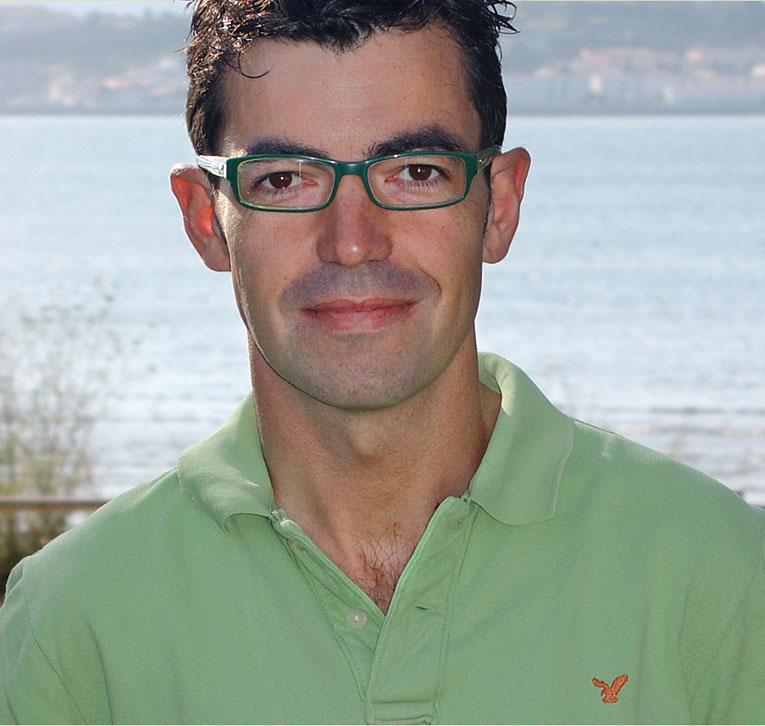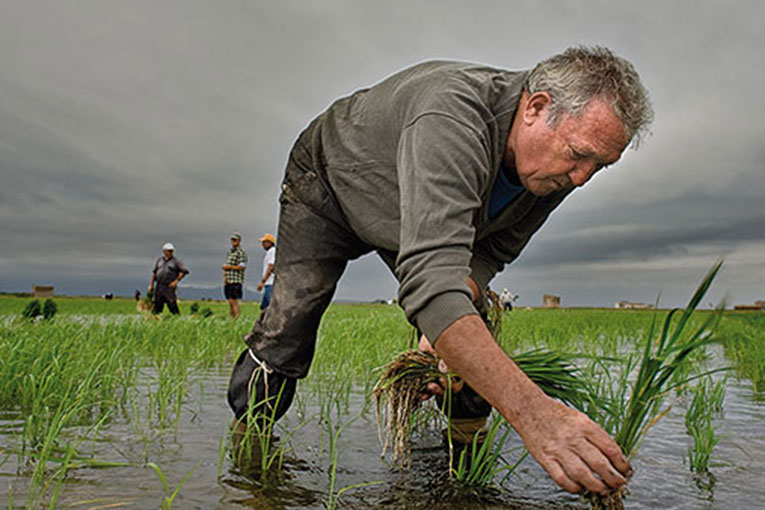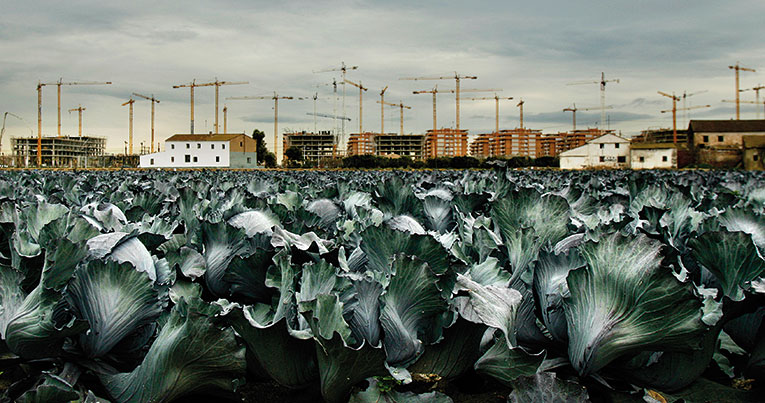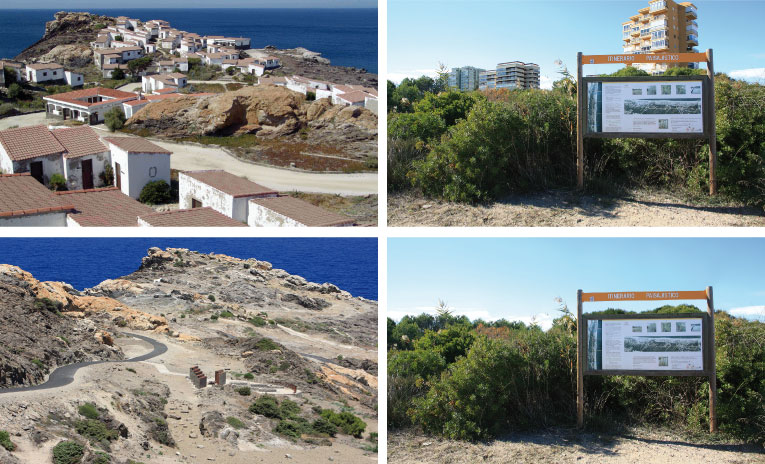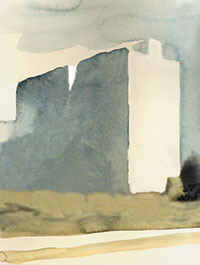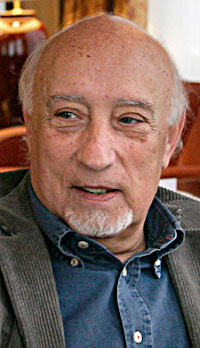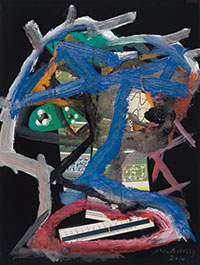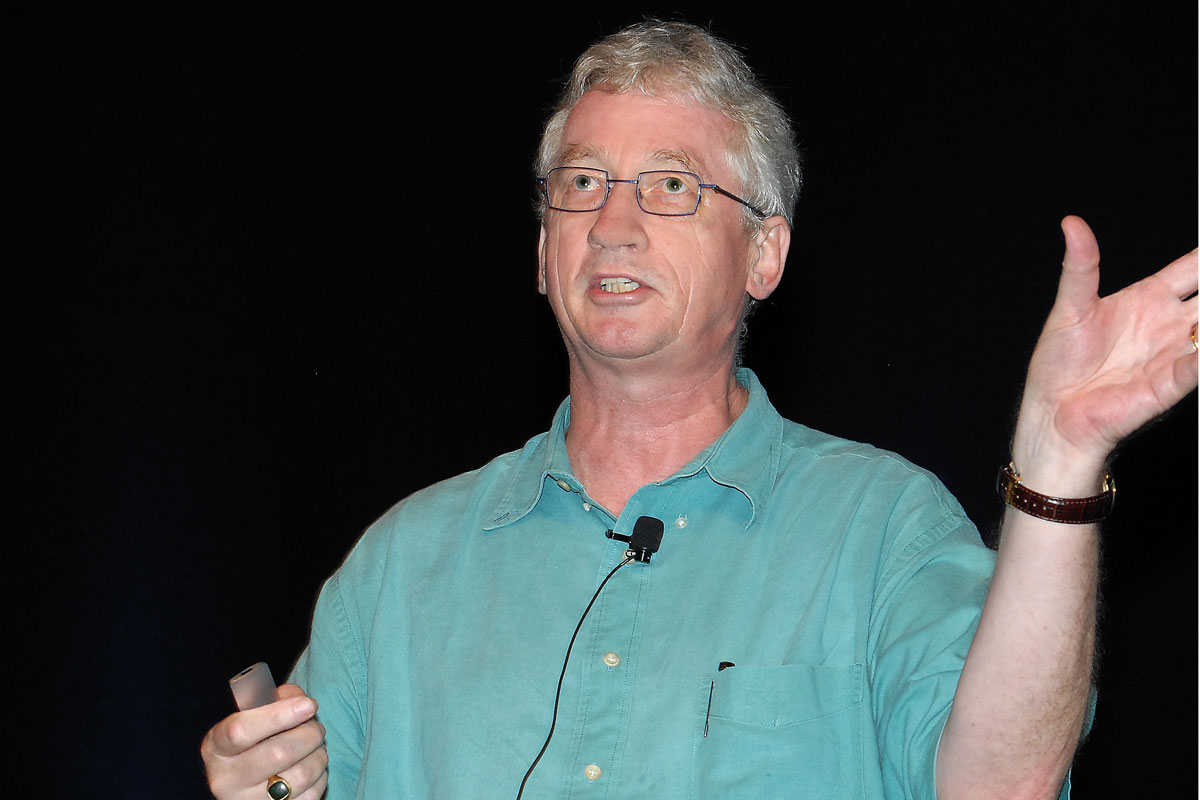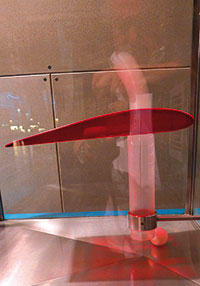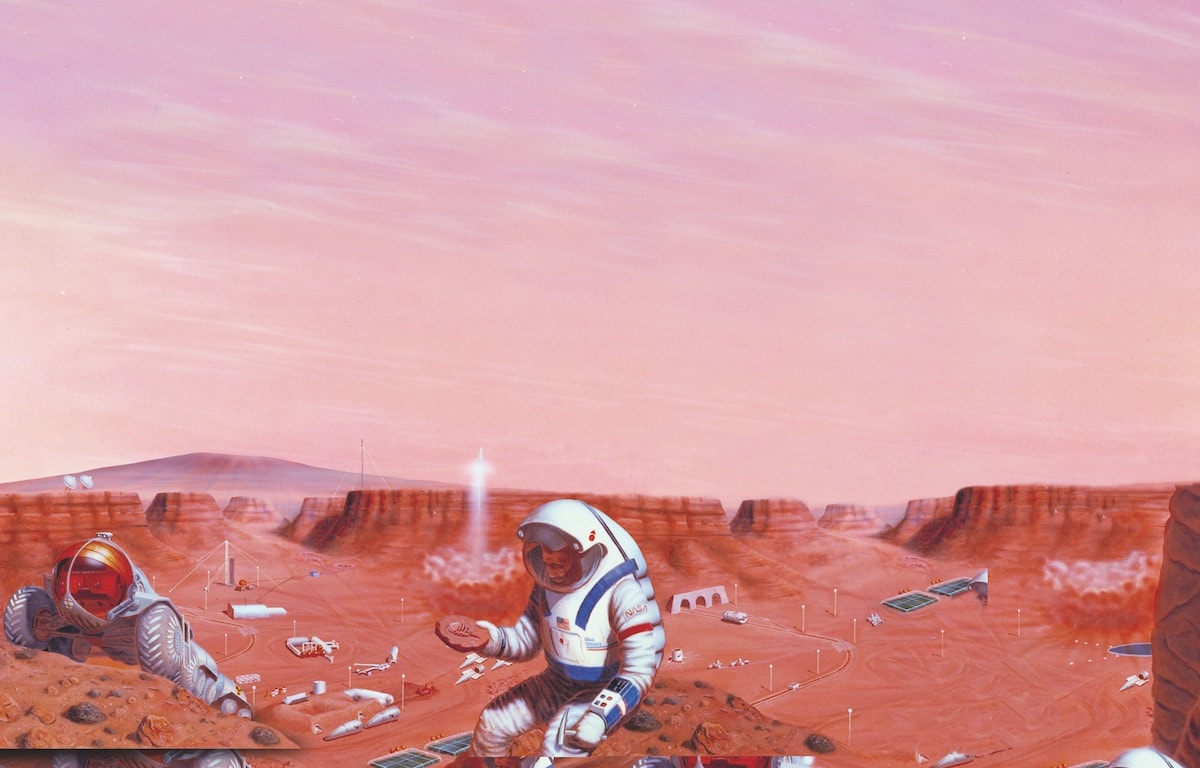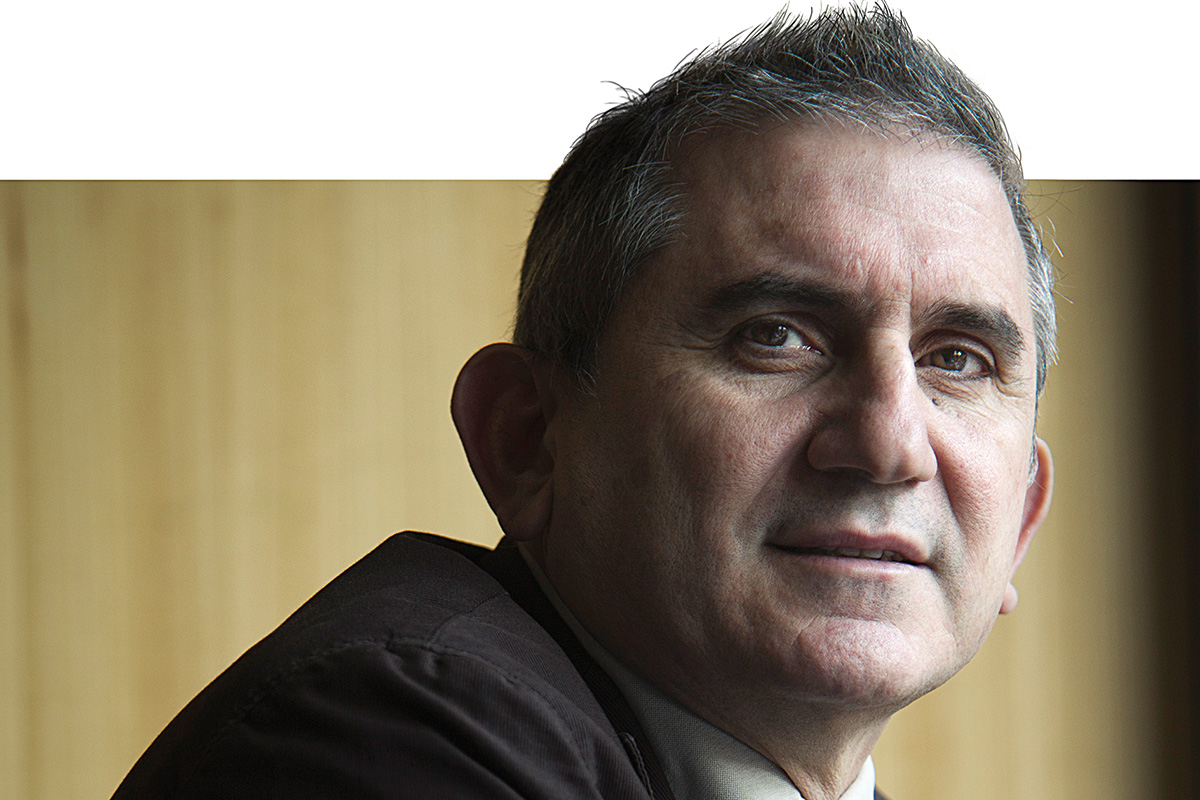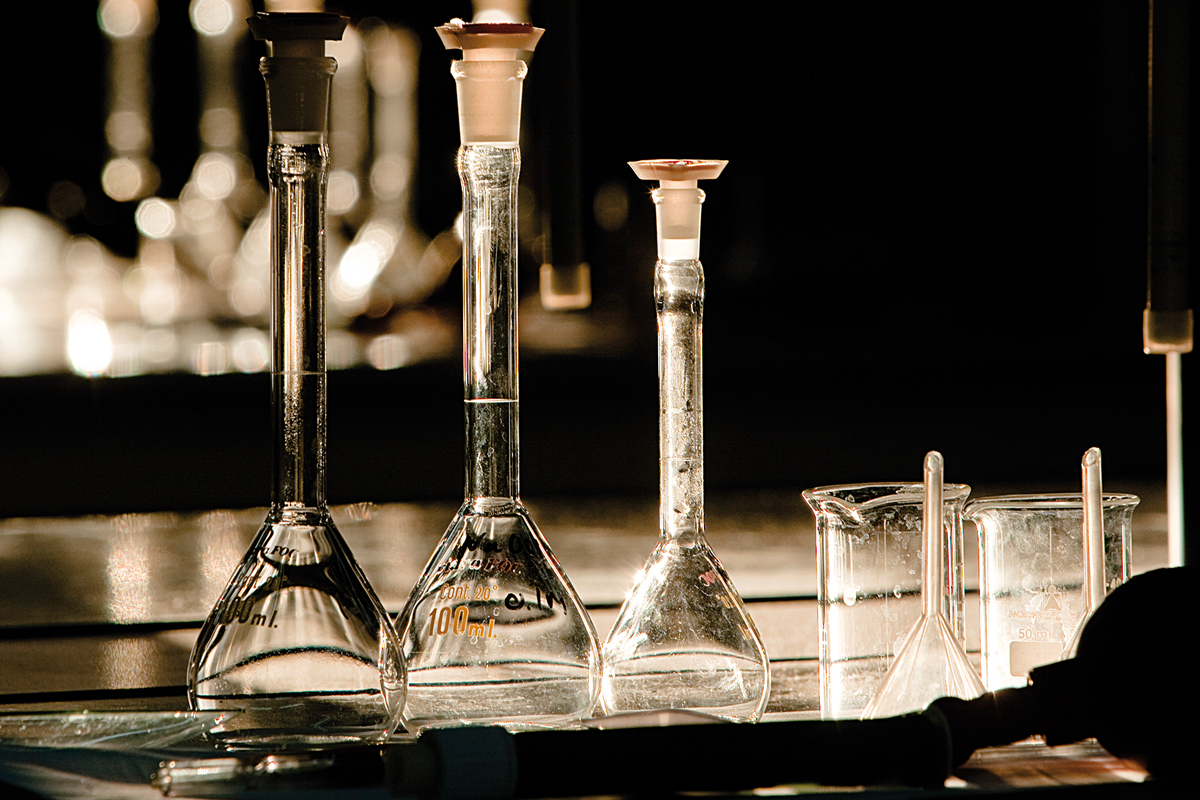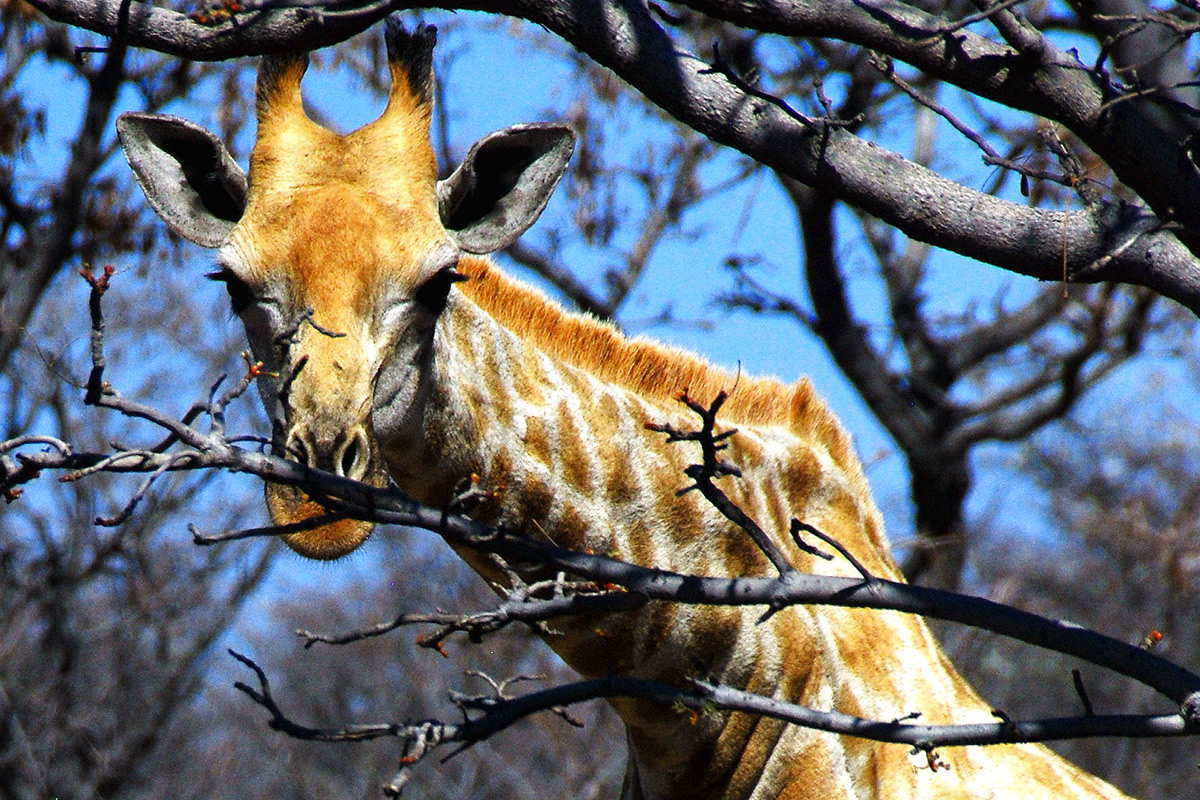Search
Since Swiss astronomers Michel Mayor and Didier Queloz announced the discovery of the first extrasolar planet or exoplanet, in 1995, different research groups worldwide took up the hunt for planets
This article is divided in three sections. The first briefly describes the governance instituted with the creation of a European monetary union. The second section provides an overview of how
Diego Puga is a researcher at the Social Sciences unit of the Madrid Institute for Advanced Studies (IMDEA). He holds a PhD in Economics from the London School of Economics,
The competitiveness of a production model depends on its ability to adapt to economic developments and changes in demand. Innovation is a prerequisite for increased competitiveness, but must be accompanied
The first decade of the new century has seen the return to an old controversy: the possible imbalance between population and food supply on a global scale. The trigger has
Water is a limited resource and its scarcity is getting steadily worse due to climate change and overexploitation of land. Together with energy, water is a key resource in any
Energy, along with water, is a crucial element in any strategy aiming to achieve economic growth. The past squandering of resources cannot continue if we are to ensure sustainable growth
The Spanish construction sector has traditionally proven inefficient with many cases of bad practice leading to the overproduction of housing and over-reliance of our economy on this sector. The current
[caption id="attachment_1639" align="alignleft" width="300"] © P. Duran[/caption] One of the causes of the current crisis has been our land management, heir to the building boom of the sixties and seventies. This
In recent years many European Union countries have shown a clear intention to incorporate new forms of territorial administration and spatial planning. In different areas and spheres of government there
Valencians should be able to achieve a respectful balance between culture, history, tradition, modernity and competitiveness, as have most enlightened peoples of Europe. It is doubtful, however, that we have
© M. Lorenzo Training and knowledge are two main underpinnings of any production system. In this respect, knowledge transfer from universities to society should be a priority for all Governments. The
[caption id="attachment_1601" align="alignleft" width="200"] Mètode worked with the artists Marcelo Fuentes and Anna Sanchis, who both collaborated on this special issue. Their works reflect one of the keys to understanding
[caption id="attachment_5315" align="alignleft" width="200"] Manuel Vicent. Writer and Journalist./ © Jesús Císcar[/caption] Every once in a while, one dreams of what could have happened to the towns, villages and beaches of
© ABC.COM The title heading today’s section is the same as the last episode of the legendary series Cosmos, in which Carl Sagan asked the following question: «We know who speaks
In the mid-eighteenth century, the famous Encyclopédie by Diderot and D’Alembert, stated that «an interest in chemistry» was really «a madman’s passion». Chemists belonged to «a different race», «very few
Frans de Waal
[caption id="attachment_25863" align="alignleft" width="200"] Photo: Jorge Wagensberg[/caption] Photo: Jorge Wagensberg[/caption]There are three necessary components for creativity of the human mind: to have a good idea, to recognise the idea is good
One of science fiction’s unfulfilled dreams was setting up settlements in other worlds. Even though there was a lot of speculation regarding space settlements when the space race was starting,
Pedro Carrasco Sorlí is the Pro-Vice-Chancellor for Research at the University of Valencia, a position handed down to him from the current Vice-Chancellor, Professor Esteban Morcillo. Holding a Bachelor in
«Ointments are preparations intended for medicinal or cosmetic use»The healing power of plants has always been known. Different cultures have found in them the best way of healing. They are


